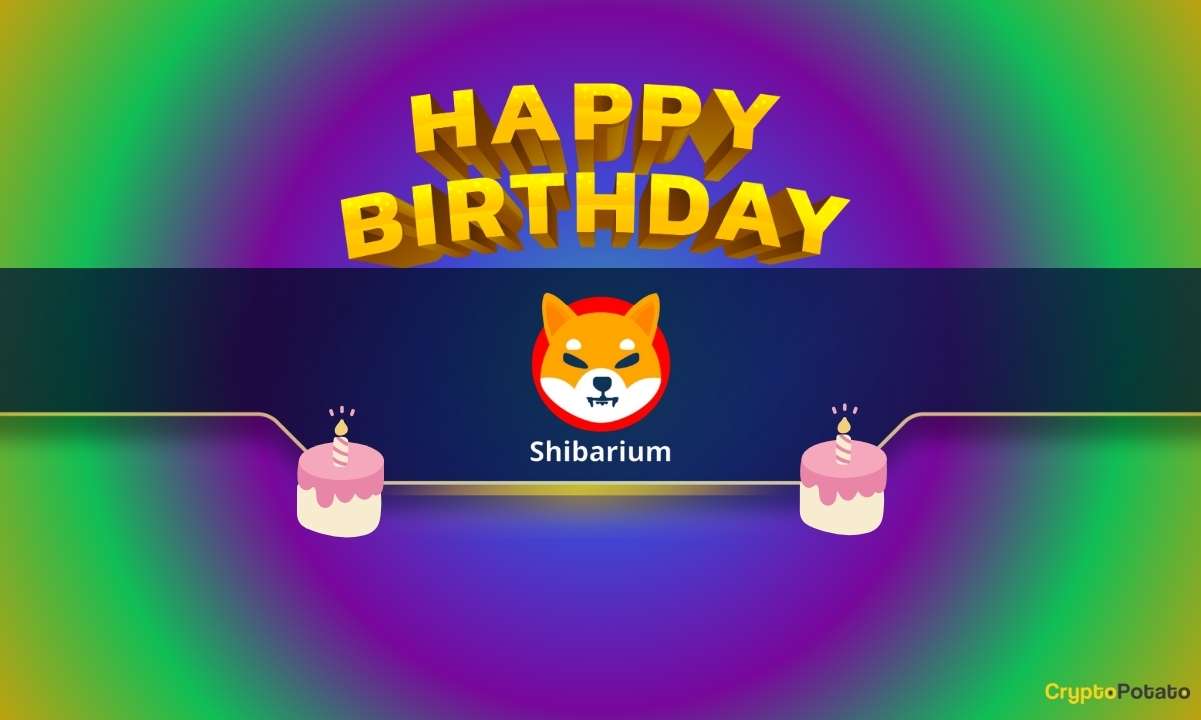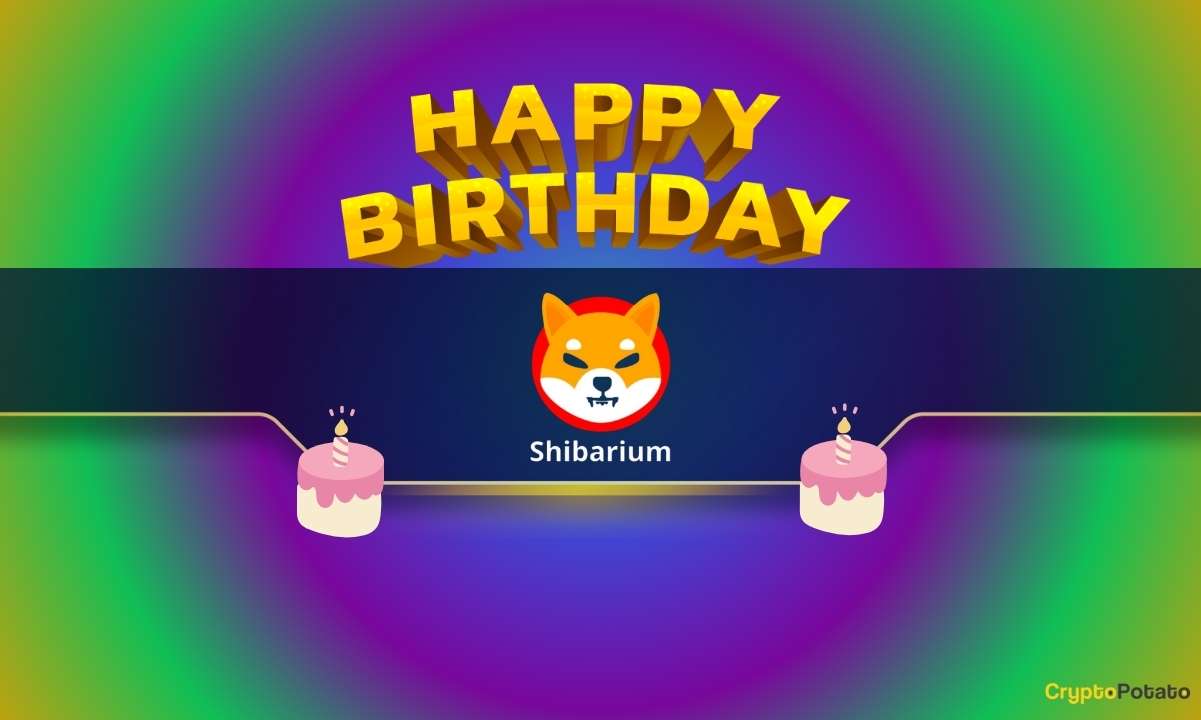Shibarium Celebrates One Year Anniversary: The Network’s Progress During That Period

TL;DR
- Shibarium has processed over 418 million transactions and implemented key upgrades, including some hard forks to enhance network performance.
- The network introduced a burn portal to reduce SHIB supply, with BONE tokens playing an essential role in the process.
Happy Birthday, Shibarium
Shibarium is a layer-2 blockchain solution built on the Ethereum network, specifically designed to foster the development of the Shiba Inu ecosystem. Its main purposes include lowering transaction costs, improving speed, and enhancing scalability.
The protocol officially saw the light of day exactly a year ago, blasting through numerous major milestones since then. It has processed more than 418 million total transactions, crossing the 400 million mark in March 2024. It is worth mentioning that the progress has stalled recently: earlier this year the number of daily transactions was in the millions, while in the past few months it exceeded 20,000 only once.
The total number of blocks processed on the network is inching closer to 6.5 million, whereas wallet addresses are just south of 2 million.
The team behind Shibarium took it to X to outline some other important goals the network has reached since its launch. It noted the successful execution of the three hard forks: Delhi, Indore, and Shanghai. The updates aimed at enhancing the overall user experience, improving transaction speed, and optimizing the network’s efficiency.
The team also reminded about the two tokens introduced within the ecosystem – K9 Finance DAO (KNINE) and Bad Token (BAD) – claiming another one (named HOCHI) recently went live, “offering even more flexibility than ever.”
The Latest Progress
Shibarium underwent three additional upgrades in the past several months. In April, the team introduced a new user interface (UI) update, describing it as “faster, smoother, and more accessible than ever.” Its primary goal was to improve compatibility with popular self-custody wallets such as MetaMask, Trust Wallet, Coinbase Wallet, and others.
Shortly after, the team launched an update through a hard fork to implement quicker block processing times and empower the community of developers and innovators.
Most recently, Shibarium embraced a designated “Burn Portal.” Its ultimate goal is to reduce the circulating supply of Shiba Inu (SHIB) by sending a portion of tokens to a null address, making it scarcer (and potentially more valuable, assuming demand stays the same or rises).
However, the mechanism is rather different from the original one adopted by the Shiba Inu team. In the Shibarium ecosystem, BONE serves as the governance token and is essential for paying gas fees, while validators and delegators rely on it for transactions on the network.
A portion of the gas fees paid in BONE is used to purchase SHIB tokens, which are then sent to a null address for burning. Users need to accumulate at least 100 BONE tokens to initiate a burn.
For more updates on the ecosystem, make sure to check out our Shibarium news.
The post Shibarium Celebrates One Year Anniversary: The Network’s Progress During That Period appeared first on CryptoPotato.
